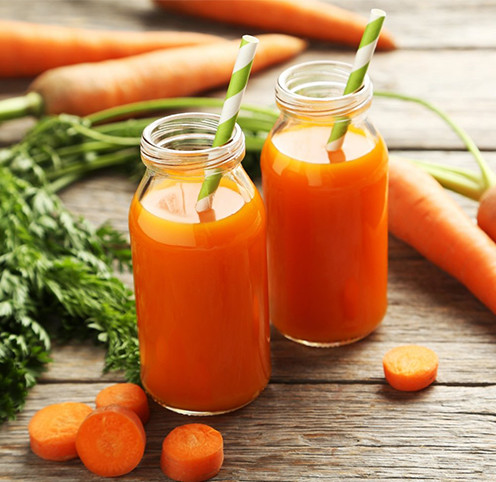Types of professional juicers
If any café, ice cream parlour or bar were to announce an award for their most important piece of equipment, first would be the coffee machine but second place would be awarded to the juicer.
There is a wide range of juicers available. A caterer may also need more than one device to offer a range of different juices. Since there are so many options, it can be quite difficult to choose the most suitable device. This guide will help you decide.
What will suit my business?
We will discuss the types of juicers available for professionals a little later. First, it is essential to find out which one will suit your business needs and goals.
To find the most suitable juicer, you must first evaluate your menu. Which types of juice – from fruit, vegetables, berries or sprouts – are you planning to make the most? It is also important to calculate the expected production volume.
In short, the solution is defined by two main aspects.
- First, what kind of products (citrus, roots, etc.) are you going to make the juice from? The type of juicer must correspond to the specific type of fruit or vegetable.
- Next, how much juice do you plan to produce per hour? The answer will reveal the capacity you will need for your device. For example, if you simply want to squeeze fresh lemon juice for cocktails, a manual juicer might work just fine. But if you want to sell freshly-squeezed juice in bottles, you’ll need equipment that provides a larger volume.
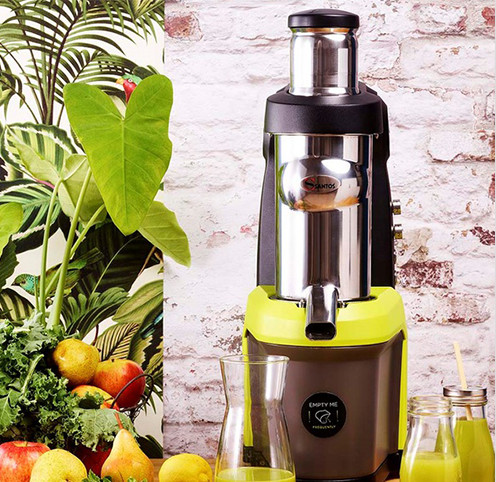
Types of juicers
Professional juicers are categorised both according to the raw material from which the juice will be pressed (citrus or other fruits, vegetables and greens), and according to the operating mechanism.
Citrus juicers
Citrus juicers are divided into the following main groups: manual-mechanical, electric and automatic (which are partially or fully automated). When deciding which device to buy, you should consider:
- the power requirements;
- the sound of the motor, especially if you intend to place the juicer in an open space;
- and the maintenance requirements.
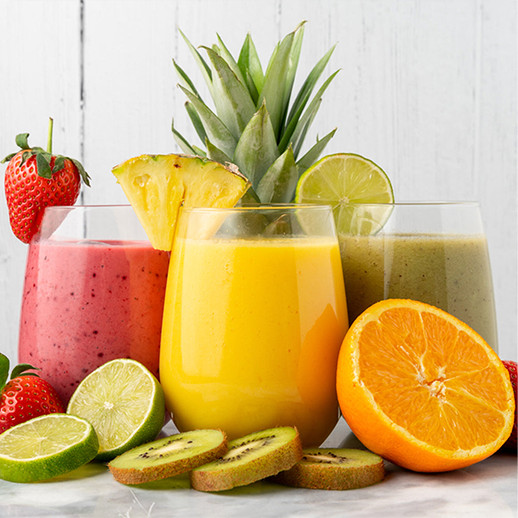
Manual-mechanical citrus juicers. These devices don’t require electricity and are suitable for juicing in small quantities, when the juice is only needed to add to a prepared drink or dish.
Electric juicers. These devices are equipped with a motorised rotating slider that removes juice from the fruit. Once the fruit is cut in half, the cut part is pressed against the slider to begin the juicing.
The advantage is pressure control, so that the juice is squeezed only from the fruit and not from the skin (which can make it bitter).
However, a drawback is the time cost, as an employee has to be involved in the process. This increases the overall cost of the product.
Automatic citrus juicers. Automatic juicers are mostly designed for oranges, and are best suited for businesses selling large quantities of natural juice. While the juice is being squeezed, the employee can engage in other activities, as they only need to make sure that there is always fruit in the machine and that the waste container is emptied regularly. The only drawback is that the raw materials are not always extruded efficiently, so it is impossible to control the yield.

There are also fully automated juicers that can be installed in self-service locations. These devices usually only require the operator to lower the lever, which allows the juice to run out, and then press the stop button.
The market leader for citrus juicers is the French manufacturer Santos that offers equipment suitable for all types of catering establishments. Santos juicers are equipped with powerful but silent motors, so they can be installed both in bars and kitchens. They ensure uninterrupted productivity and produce large quantities of juice, while ensuring maximum pressure is applied to the last drop. The functional design means these devices are easy use and maintain, while the robust, stainless steel body guarantees durability and longevity.
Fruit and vegetable juicers
If you intend to make juice from not only citrus but also from stone fruit, root vegetables, greens and other produce, you will need to purchase a fruit and vegetable juicer. These are categorised into three types: slow-speed, centrifugal-universal and automatic juicers-blenders.
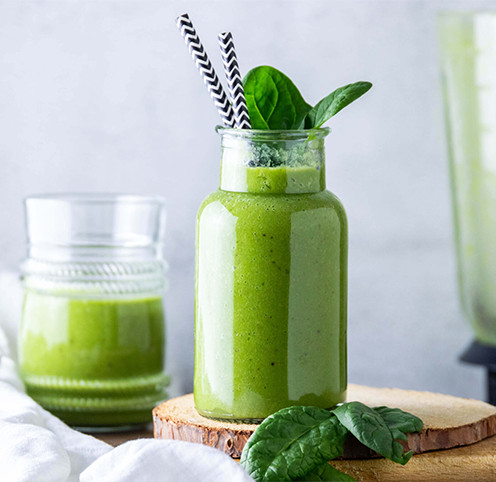
Slow-speed juicers for fruit and vegetables. These devices work on a crushing principle with a cold-press system. They are most suitable for public catering establishments that pay a lot of attention to preserving the nutrients in fruit and vegetables. The device is equipped with a slow-rotating propeller, or gears, which preserve not only the fibres but also the maximum amount of vitamins and minerals. The resulting juice is filling, thick and suitable for a healthy snack.
When choosing this type of device, it is important to consider two features. First, it has a slower speed than a universal juicer and requires a longer cleaning process. In addition, if you want to squeeze different juices, you will have to clean the appliance each time you change the raw materials.
Centrifugal fruit and vegetable juicers. These are ideal for intensive work with large quantities of juice on a daily basis, as they are durable and the juice is pressed extremely quickly. The blades in this piece of equipment are strong, and are made of stainless steel.
The centrifugal force works effectively to separate the juice from the pulp. The result is a clear and refreshing drink, which is different from the rich, thick juice created by a slow-speed juicer.
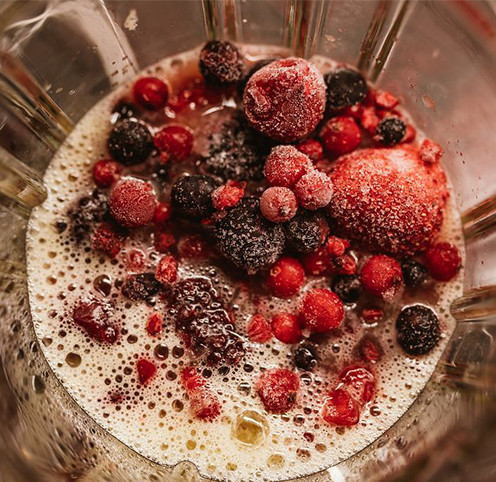
It is one of the most common choices in the catering sector due to its versatility: this devices presses juice not only various fruits and vegetables, but also berries and greens. Another advantage is the shorter preparation time, as this juicer can handle larger fruit and vegetables.
However, there are some drawbacks: due to the hot metal body, some of the nutrients may be lost, and with the high pressure rate there can be layers and foam in the juice. This type of juicer is also noisy, so it is usually installed in a kitchen.
Automatic fruit and vegetable juicer-blenders. This juicer presses the product through a sieve to remove the seeds and skins. It is especially suitable for tomatoes, raspberries, apples and other fruit and vegetables with strong skins and a lot of seeds.
